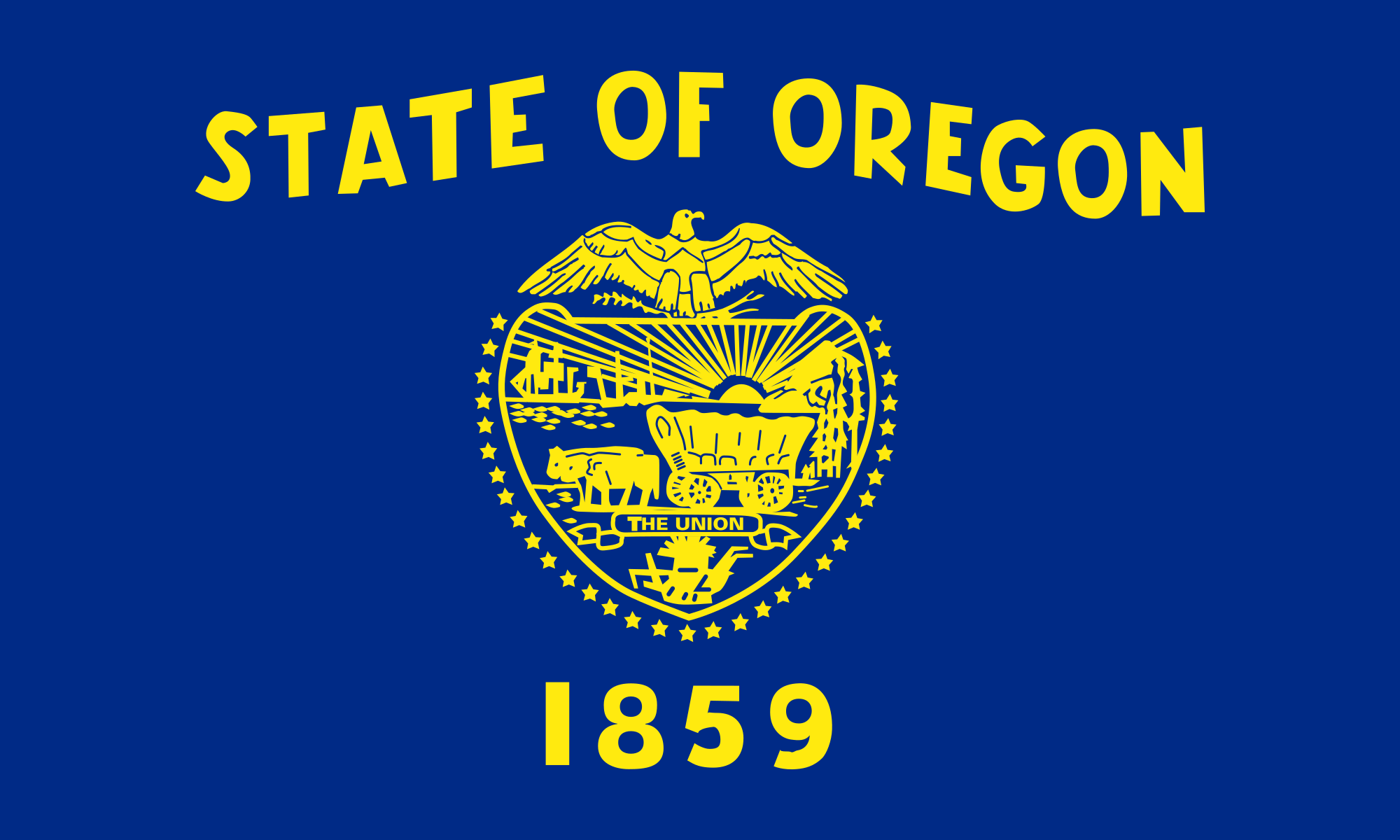Quick Hits
- The Oregon Bureau of Labor and Industries issued a proposed rule that would impose new requirements for employers responding to allegations of harassment.
- The proposal introduced five factors for evaluating what constitutes “appropriate corrective action” and “promptly correcting harassing behavior.”
- Currently, determining whether an employer took an appropriate corrective method depends in large part on whether the harassment stopped, but BOLI’s proposal might open employers to criticism of the discipline selected.
For decades, employers in Oregon and across the country have been able to protect themselves from liability against allegations of workplace harassment by demonstrating, among other things, that they exercised reasonable care to prevent and promptly correct harassing behavior. Employers have successfully defended against claims of harassment by showing that disciplinary action toward an alleged harasser was effective in that it put a stop to the alleged harassment, even if the aggrieved employee preferred more severe discipline. For example, in Jernigan v. Alderwoods Group, Inc., decided in 2007, an employer failed to transfer an alleged harasser despite the plaintiff’s request that the harasser be transferred, but the court determined that the employer had nevertheless exercised reasonable care in responding to the harassment complaint through other adequate remedial measures, including prompt investigation. In Harris v. Pameco Corp., decided in 2000, the court found that an employer was not liable for harassment, given the employer’s prompt remedial response to the employee’s complaint, even where the employer did not issue severe discipline to the alleged harasser.
BOLI’s proposed new rules would add a new subsection to OAR 839-005-0010, imposing additional criteria for evaluating what constitutes “appropriate corrective action” and “promptly correcting harassing behavior.” The proposed rules include several new factors, stating that an employer would meet this standard when it:
- “Intervenes without avoidable delay to effectively halt harassing behavior”;
- “Adequately investigates and ascertains the extent of harassing behavior”;
- “Takes appropriate disciplinary measures proportionate to the seriousness of the offense”;
- “Does not penalize the reporting employee or make the aggrieved party worse off”; and
- “Effectively acts to prevent further harassment or retaliation against the reporting employee or aggrieved party for reporting or exercising rights concerning harassing behavior.”
These proposed rules are stricter than the existing body of law. For example, the law already requires employers to act promptly in order to avail themselves of the defense. It is not at all clear what “avoidable delay” means and why this regulation would add any meaningful protection for employees where prompt action is already required. Further, Oregon and federal law both prohibit retaliation against employees for reporting harassment, such that the requirement not to “penalize” the reporting employee is ordinarily addressed through those laws.
The language regarding “mak[ing]” “the aggrieved party” worse off is also highly subjective. Employers faced with two employees each pointing the finger at the other as the harasser would have difficulty threading this needle, as both employees might need to receive some type of discipline (or a transfer). Further, the proposed rules do not seem to account for some scenarios that employers face in reality, such as when the identity of the harasser is unknown (for example, obscene graffiti appearing in a workplace with no identifiable perpetrator). The proposed rules also seem to require employers to reach a level of certainty that might prove difficult from a practical perspective. For example, the proposed requirement to “adequately … ascertain” the “extent of harassing behavior” is difficult, particularly where the evidence is one employee’s word against another’s. The proposed rule also references unspecified “rights concerning harassing behavior.” Employees clearly have the right to be free from workplace harassment and to report such harassing behavior, but this reference is not at all clear as to whether there is some other “right” to which BOLI might be referring.
An additional source of concern is proposed subsection (h)(B) to OAR 839-005-0010, which states: “The success or failure of corrective action in stopping harassment is relevant, but not dispositive, as to employer liability in determining whether corrective action was reasonably likely to prevent the harassment from recurring.”
This is not consistent with existing law. At present, employers that can show that their efforts to correct workplace harassment were successful (i.e., the offending behavior ended) are generally able to avail themselves of the Faragher/Ellerth defense established by the Supreme Court of the United States in Faragher v. City of Boca Raton and Burlington Industries, Inc. v. Ellerth. BOLI’s proposed rule would make such evidence “relevant,” but not determinative. In other words, it appears BOLI would permit an employee to challenge an employer’s chosen discipline to a harasser even where the discipline put an end to the behavior. At present, whether the corrective action ended the harassment is a binary test. Did the harassment stop or not? What BOLI proposes might open employers to criticism of the discipline selected. It is not clear what the purpose of permitting that type of criticism is. Employees have a right to be free from harassment. If the employer has achieved that goal, it is not clear what purpose there is in evaluating exactly how it was accomplished.
BOLI’s proposed rule appears poised to complicate the legal issues surrounding a response to allegations of harassment. Employers and others impacted by these proposed rules may offer comment to BOLI by July 15, 2024, at 5:00 p.m. (PDT), by contacting the agency’s Rules Coordinator, Josh Nasbe, at (971) 269-4431 or josh.d.nasbe@boli.oregon.gov.
Ogletree Deakins’ Portland (OR) office will continue to monitor developments and will provide updates on the Oregon blog as additional information becomes available.
Follow and Subscribe





